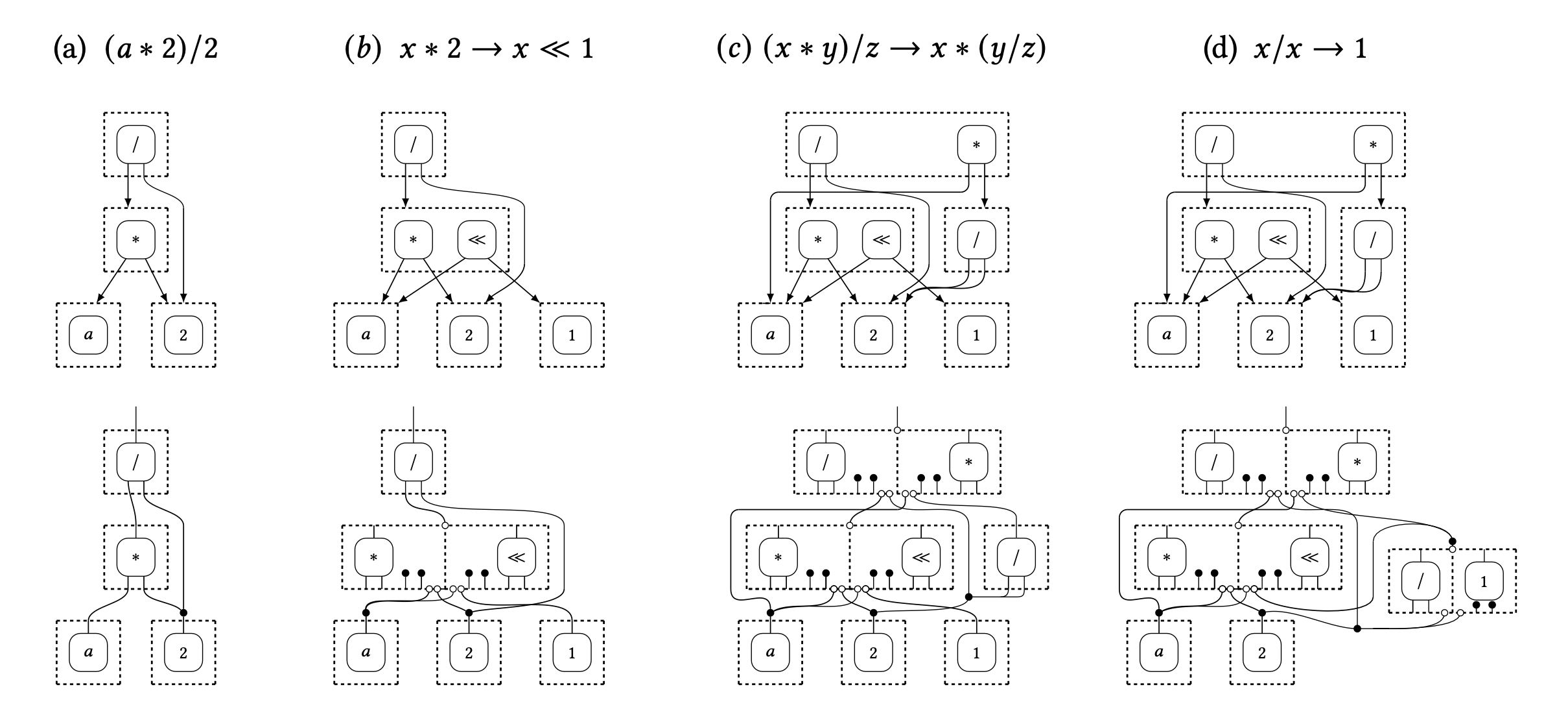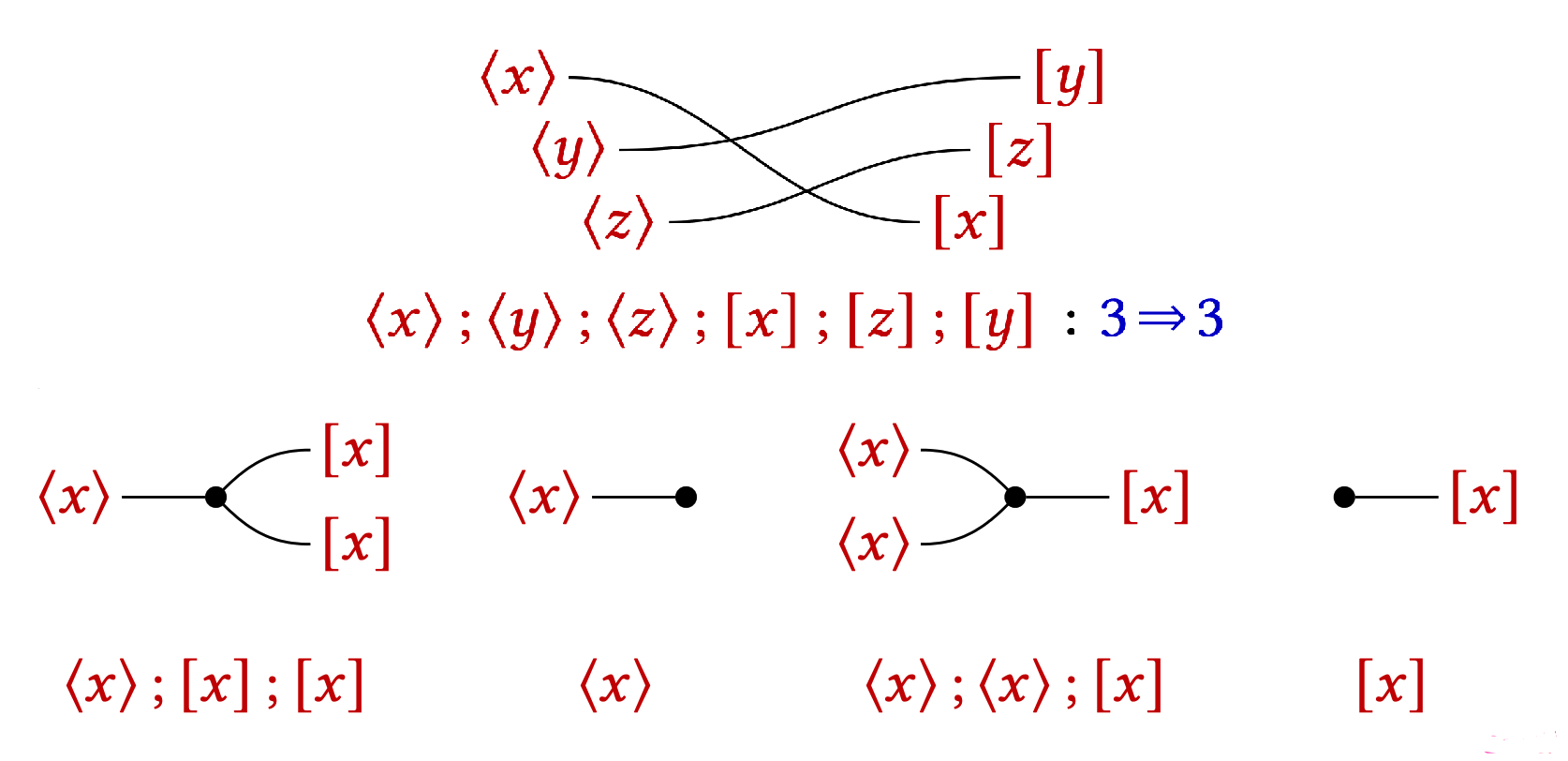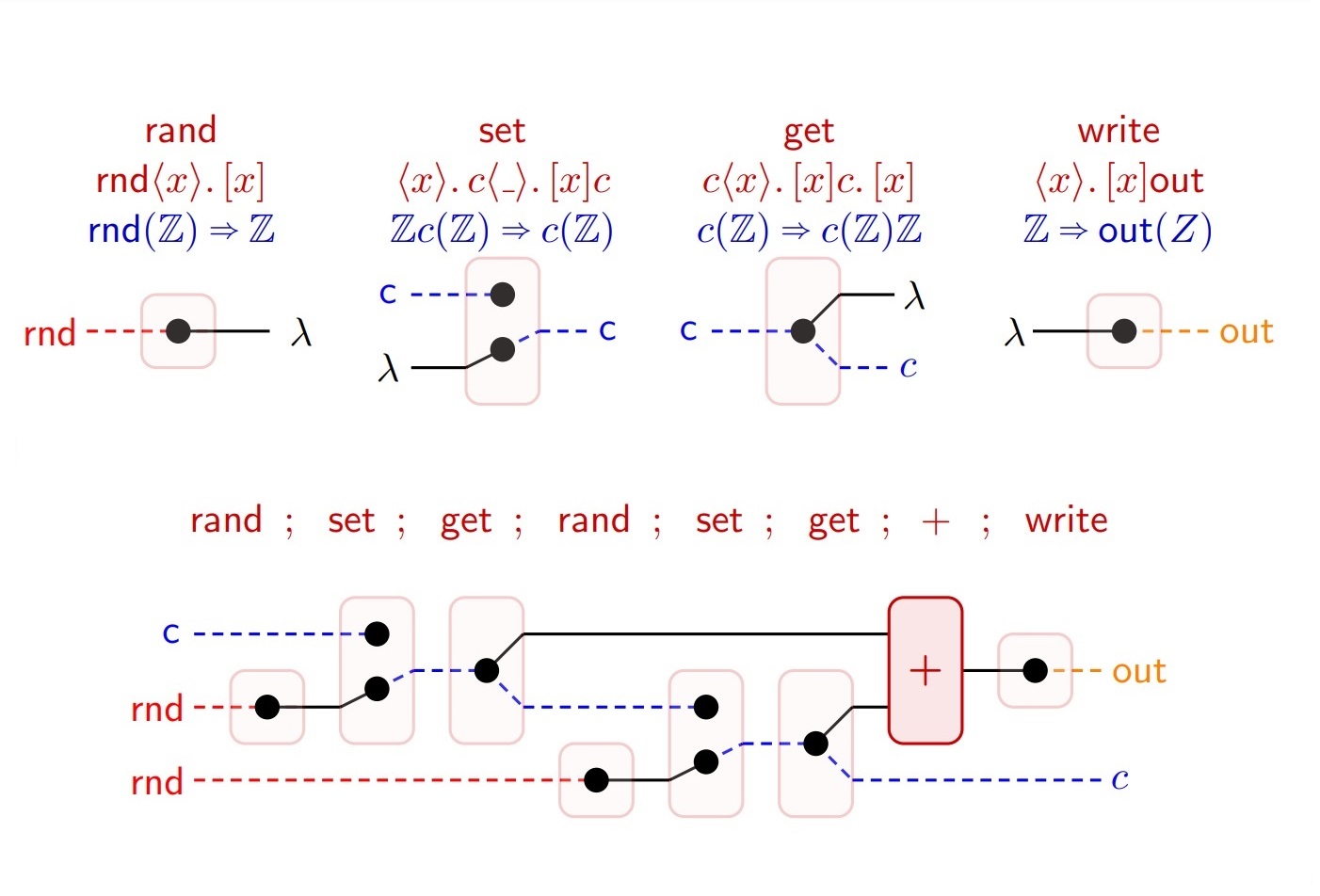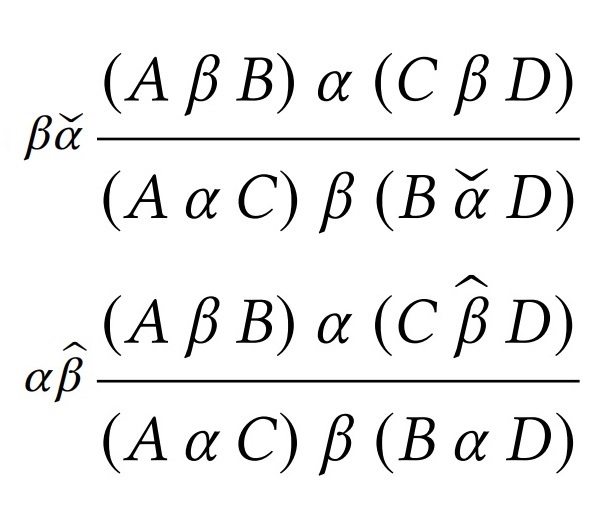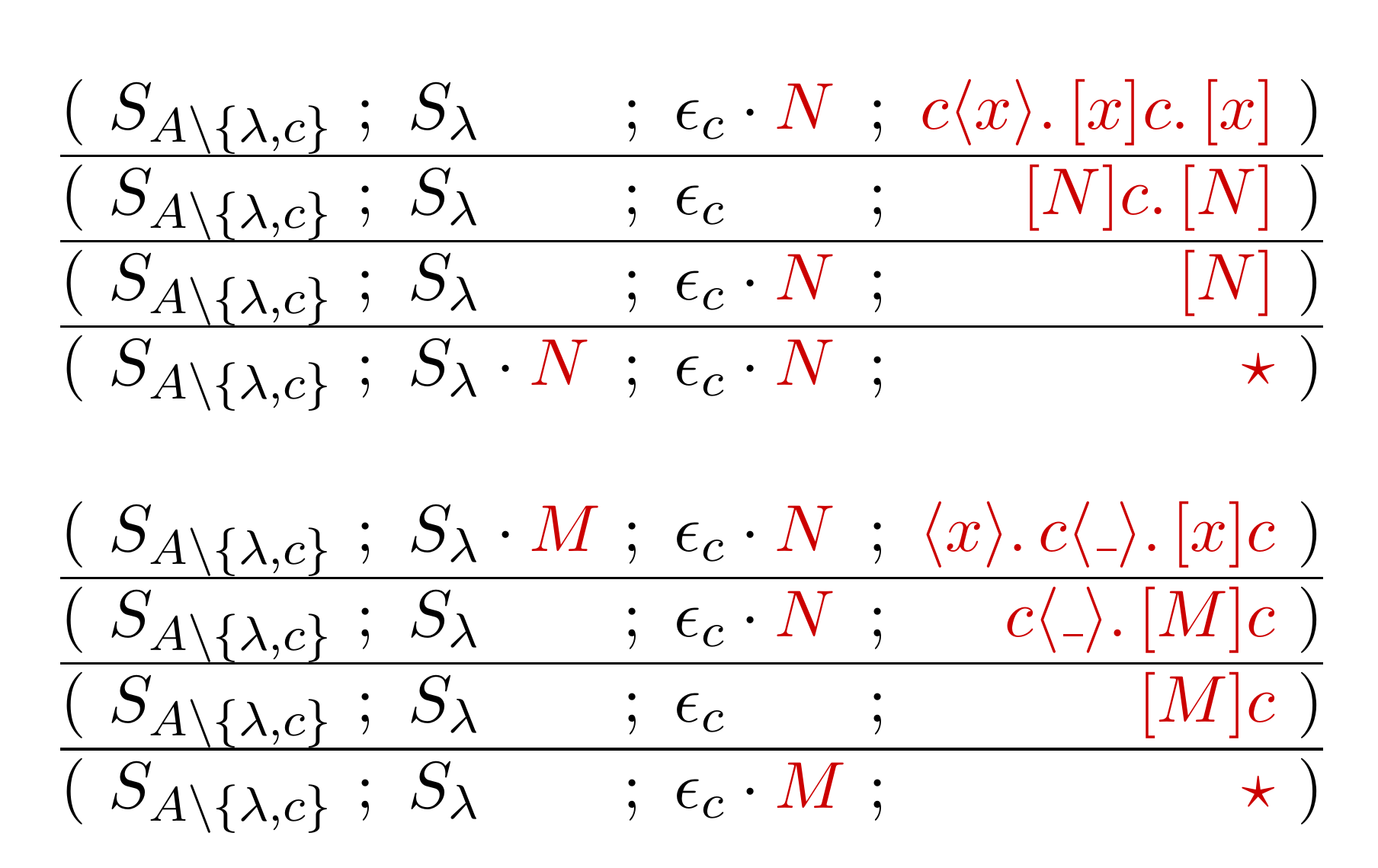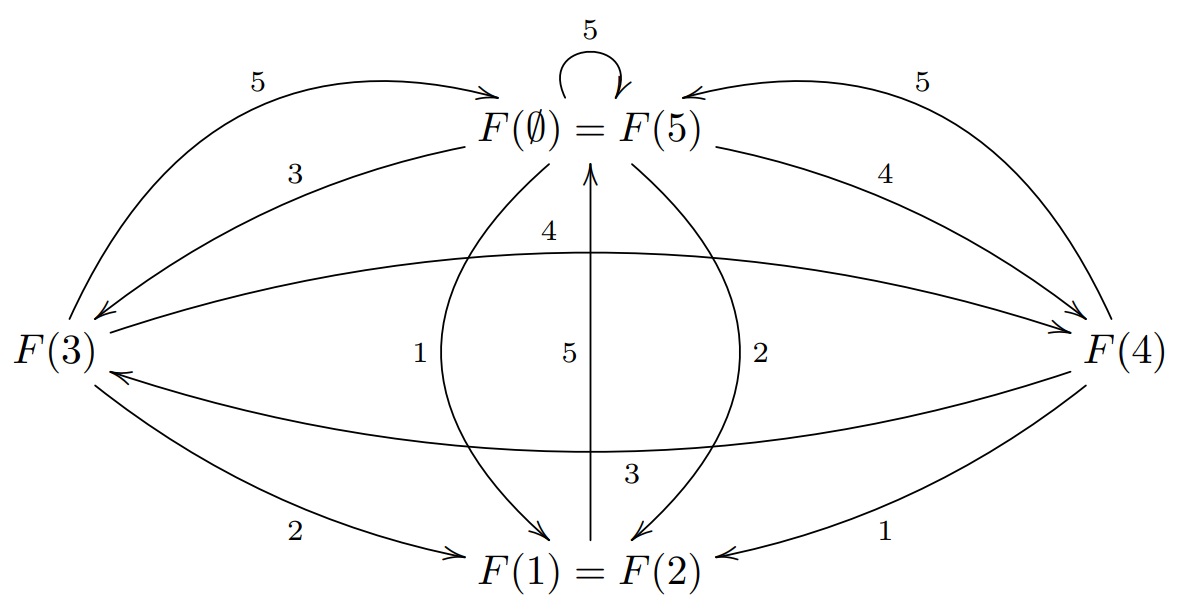Dr. Chris Barrett
I'm a programming languages, category theory and machine learning researcher, currently working at Planting Space. Previously, I have held post-doctoral
positions with Dr. Aleks Kissinger in
the Quantum Group in the Dept. of Computer
Science at the University of Oxford and with Dr Dan
Ghica
within the
Theory of Computation group at the University of Birmingham.
I received my Ph.D. in Theoretical Computer Science from the University of Bath in 2023, while
working on Mathematical
Foundations of Computation.
My supervisor was Willem Heijltjes. My master's and
undergraduate degree were in (pure) mathematics.
My research interests are in the area of proof and type theory, the lambda-calculus, and programming
language semantics. I am especially interested in designing calculi and type systems for
computational effects, including for quantum computation.
My understanding of these subjects is influenced by deep inference and by (pure and
applied) category theory. Recently, for fun, I've also been learning mathematical physics.
I was sole organizer of the Bath Mathematical
Foundations Seminar in the years 2020-2022, and co-organizer of the Birmingham Theory Seminar in 2023.
I also worked as a teaching assistant at the University of Bath for modules in Foundations of
Computation, Functional Programming, and Analytical Mathematics for Applications in the years
2018-2021.
 ORCID iD
|
Google Scholar |
LinkedIn |
e-mail |
CV
ORCID iD
|
Google Scholar |
LinkedIn |
e-mail |
CV

